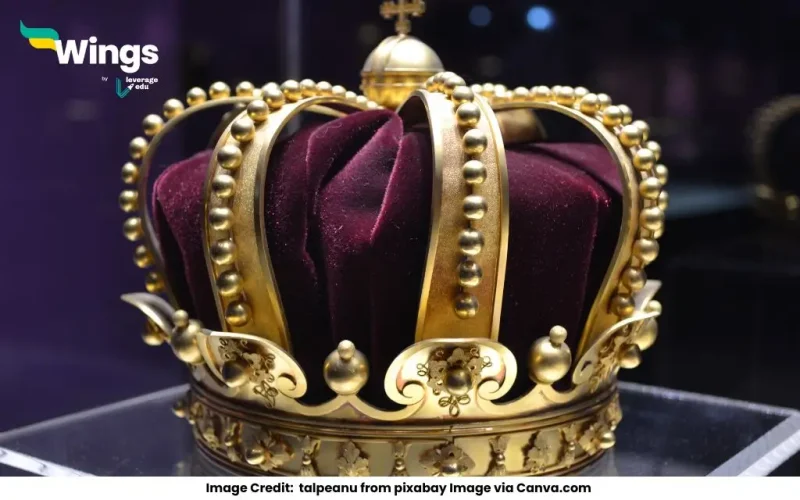Answer: The masculine gender noun in the given sentence is “Heir”.
In English grammar, nouns can be classified based on gender into four main categories: Masculine Gender, which represents male entities (e.g., king, heir, prince), Feminine Gender, representing female entities (e.g., queen, heiress, princess), Common Gender that can refer to both males and females (e.g., teacher, doctor, child), and Neuter Gender, representing non-living or inanimate objects (e.g., book, table, task).
Why is “Heir” Masculine?
- The word heir traditionally refers to a male who inherits property, a title, or a position.
- The feminine counterpart of an heir is a heiress.
- Words like face, task, and evening are neuter nouns, as they do not signify gender.
Examples of Masculine and Feminine Nouns
| Masculine | Feminine |
| Actor | Actress |
| Duke | Duchess |
| Emperor | Empress |
| Heir | Heiress |
| Lion | Lioness |
Fun Fact About Gender in English
Did you know? In Old English, grammatical gender was more complex, and objects were often classified as masculine, feminine, or neuter. Over time, English evolved to have mostly natural gender distinctions.
Common Doubts in English


 One app for all your study abroad needs
One app for all your study abroad needs











 60,000+ students trusted us with their dreams. Take the first step today!
60,000+ students trusted us with their dreams. Take the first step today!